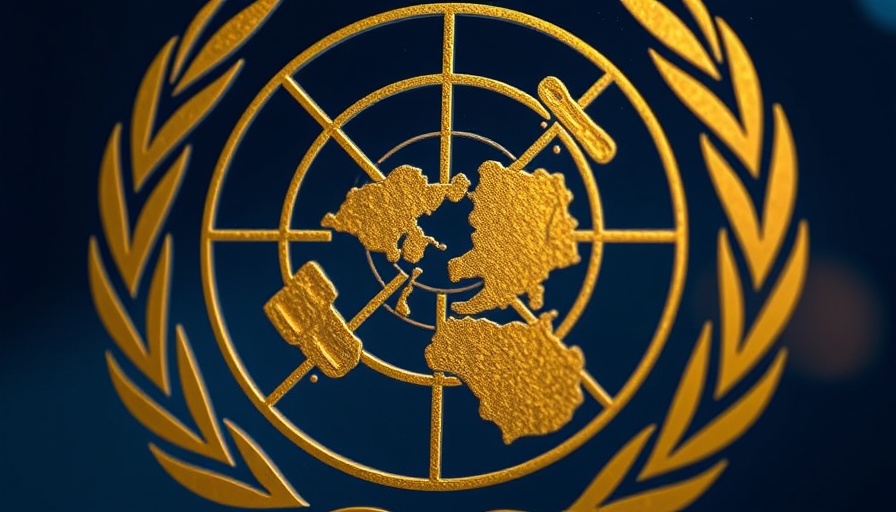
The Rise of AI: A Double-Edged Sword for Employment
Duolingo's recent shift towards becoming an "AI-first" company has stirred significant concerns among professionals across various industries, particularly those in creative roles. While AI technologies promise increased efficiency and cost savings, they also signify a troubling trend: the erosion of jobs traditionally filled by human workers. Brian Merchant's analysis highlights that this isn't just a Duolingo problem but part of a broader narrative affecting employment dynamics, notably among recent graduates. The push towards AI-driven models raises critical questions about the future of work, especially in sectors where creativity and critical thinking are paramount.
Understanding the Job Market Disruption
The decision to cut contractor roles in favor of AI replacements underscores a pivotal shift in how companies are evaluating their workforce. For healthcare IT professionals, this AI movement signals a need to adapt. The ability to integrate AI effectively while retaining skilled personnel will be paramount. As noted in other reports, the high unemployment rate among recent graduates can be directly correlated to this AI-induced shift in hiring practices, where companies prioritize technology over human input for cost-effectiveness, creating a precarious job market for newcomers.
What Does This Mean for Healthcare Professionals?
For healthcare providers and administrators, the implications of an AI-first strategy extend beyond the immediate job losses. The integration of AI systems can lead to improved patient outcomes through enhanced data analysis and operational efficiency. However, the challenge remains in balancing technological advancements with the need for human oversight. As leading experts highlight, while AI can augment capabilities, it cannot replace the empathy and intuition that healthcare professionals bring to patient care.
Looking Ahead: Opportunities in the Face of Change
As industries brace for these changes, those willing to adapt and upskill stand to benefit. For instance, training in AI technologies, data analytics, and strategic implementation can position healthcare professionals favorably in this evolving job landscape. The conversation around the AI jobs crisis should not only focus on loss but also on the potential for new roles that will necessitate a blend of healthcare expertise and technological savvy.
Conclusion: Navigating an AI-Driven Future
The economic implications of Duolingo’s shift reflect a larger trend affecting various sectors, including healthcare. As professionals grapple with these changes, ongoing education and a proactive approach to technology adoption will be crucial in navigating this complex landscape. Understanding the dynamics at play and advocating for balanced solutions that incorporate both AI and human insight can empower healthcare stakeholders to thrive amidst the transformations ahead.
 Add Row
Add Row  Add
Add 




Write A Comment